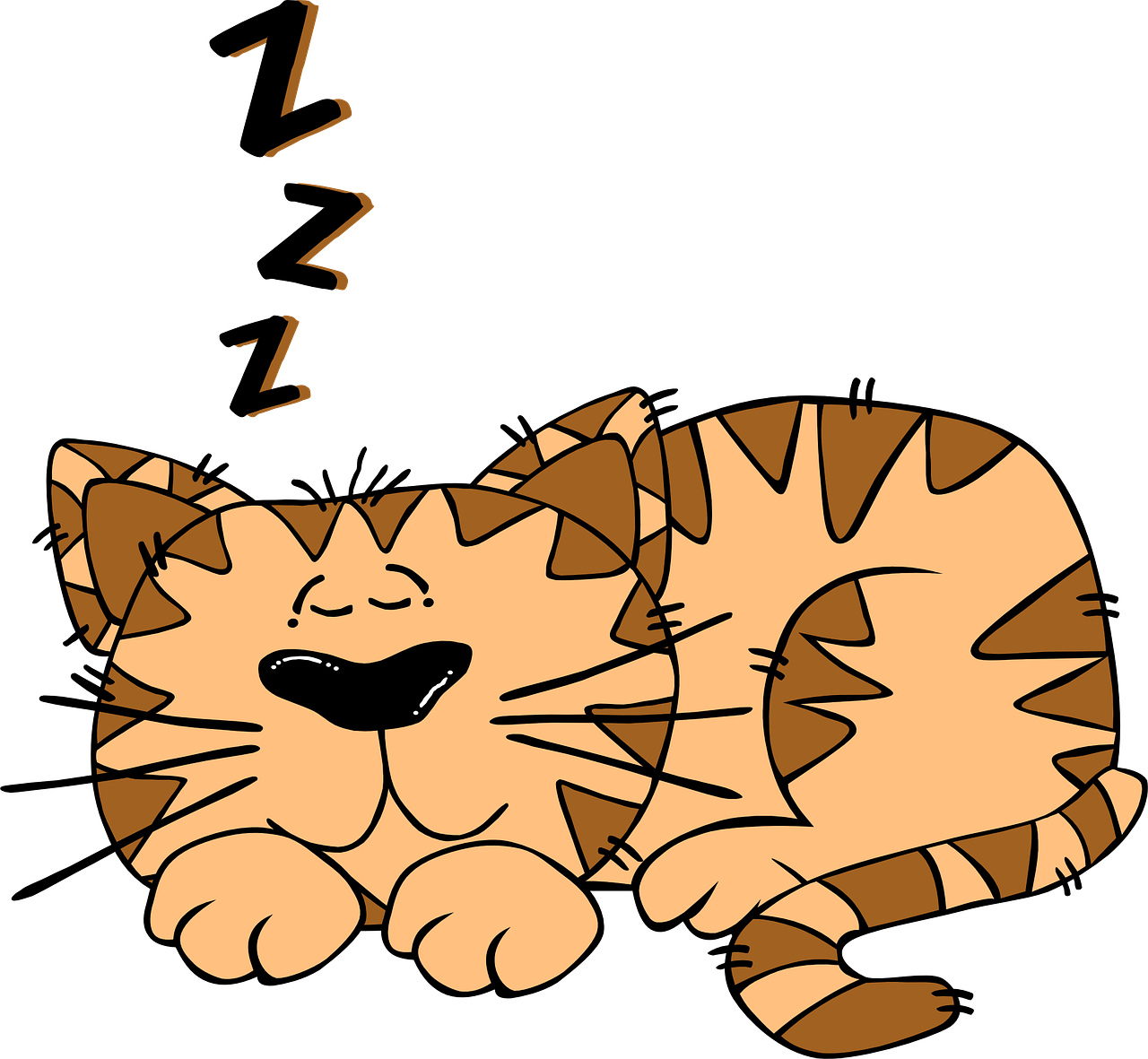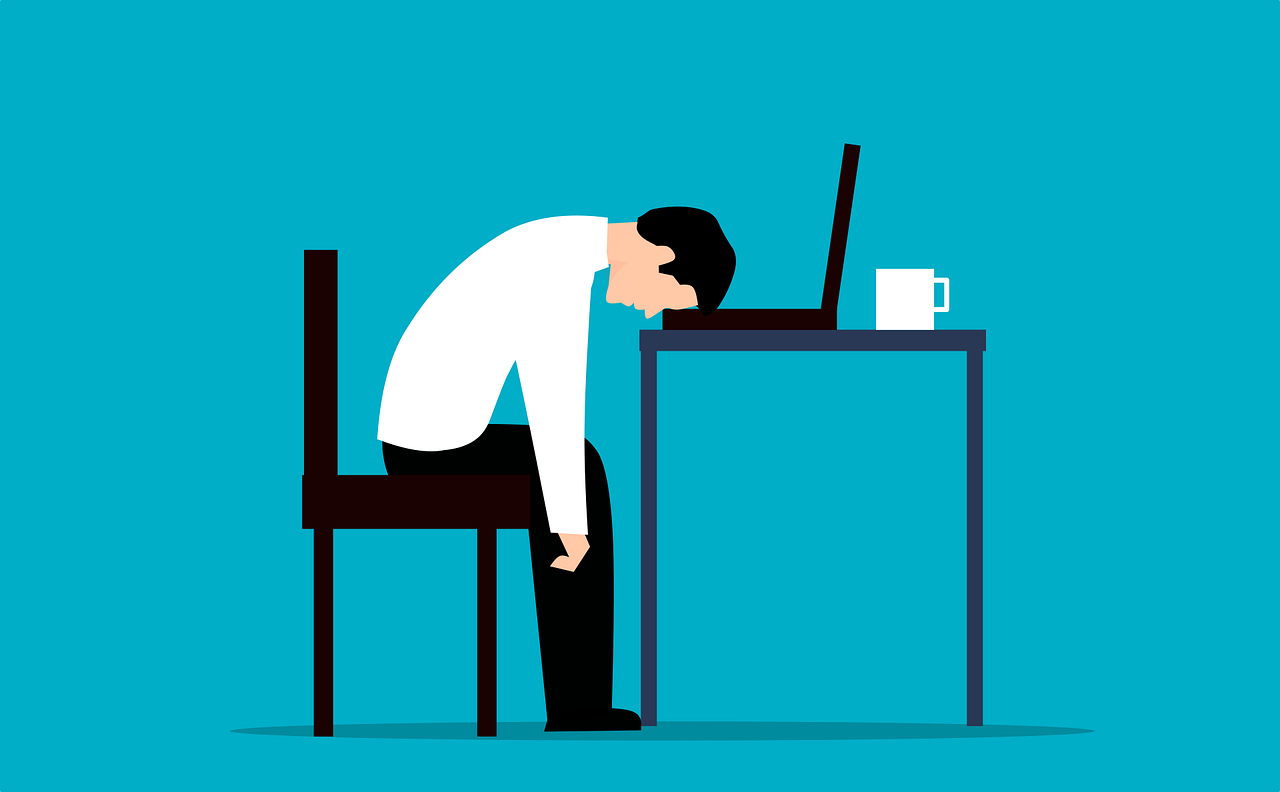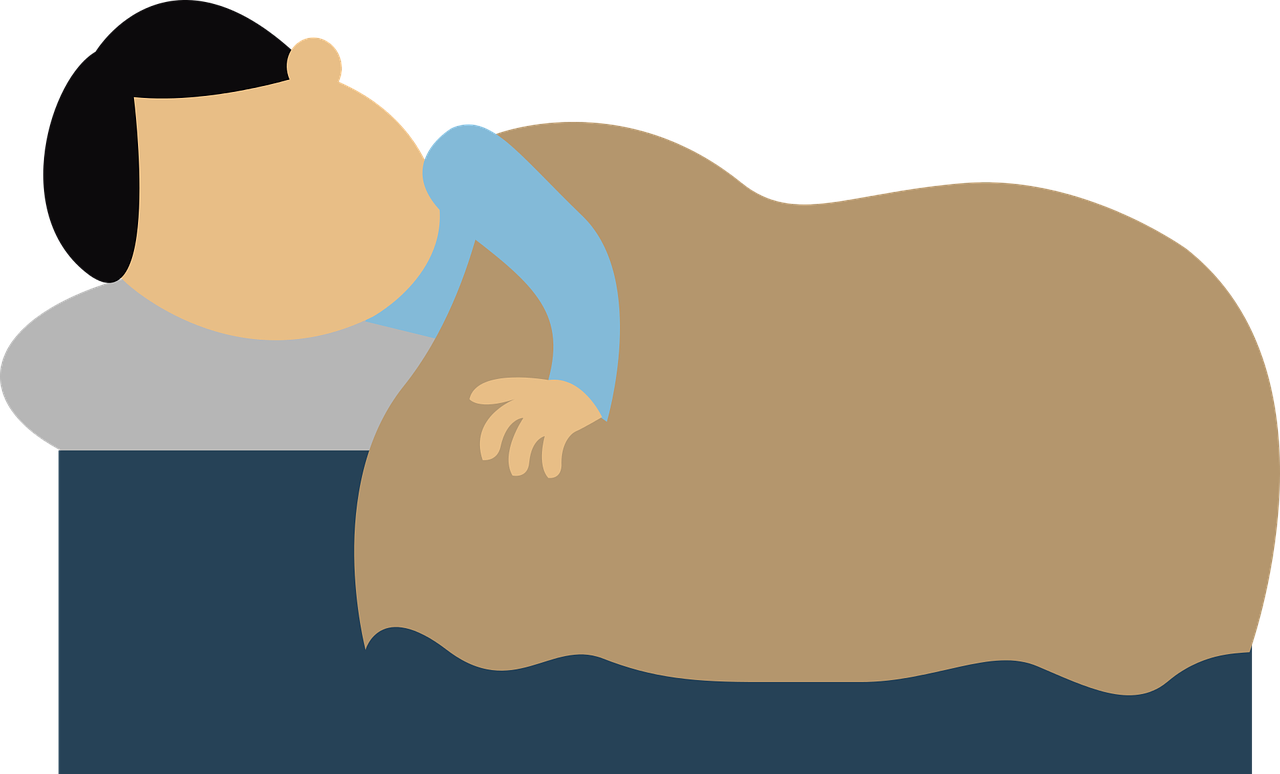
Any supplement that will impact the brain, particularly supplements that have a stimulatory or sedative result, must be taken, initially, in a controlled circumstance. Never ever take a dosage, and, certainly, not your very first dose, before doing things, such as driving or running heavy machinery, when you might be impaired and your safety and the safety of others could be at risk. To further gain from taking any supplement for the function of improving sleep, please ignore checking your e-mails, forget Facebook and just relax so you can prepare for sleep. Blue light, which is produced by the majority of computer screens in addition to the sun, can prevent you from getting to sleep - even after you turn it off. If you need to utilize a computer system or your mobile phone before bed, you may want to consider utilizing a software application which will redden your screen light and get your body prepared for sleep.

Another option would be to use blue-light-blocking glasses an hour or 2 prior to going to sleep. Direct exposure to light reduces melatonin in the body, even when you're asleep, so shut off any light interfering with light prior to striking the hay. Make your room dark. Lastly, get rid of noise in your bed room, given that sound reduces sleep quality along with making it more difficult to drop off to sleep. Keep in mind that supplements is the solution of last resort, and is reserved only for individuals who can not or will not make the way of life changes required to enhance their sleep. * Do not feel you need to take your nutrient or supplement every night, either. If, as weeks go by, the effectiveness of your supplement wears off, try taking it only three to five nights a week. It might take you a number of months to identify your best combination, and a couple more to establish your best supplementation schedule.

Finally, pause supplements after a month to figure out if non-supplemented sleep quality has actually enhanced. Sleep affects every element of your life. Excellent quality of sleep has a far more positive impact on your life than poor sleep which has a negative and eventually an unfavorable impact on every element of your life, including your basic fitness and health. Absence of sleep impairs athletic performance, in both the short-term and the long term, and it does so in numerous ways with some being more obvious than others: such as your capability to develop specific brain-muscle connections. Examples of this may be the failure to play the piano or toss a ball properly. These skills reduce with sleep deprivation and possibly due to a decrease in myelin production. For this to occur, you need to construct the right brain-muscle connections, you require to duplicate the best relocations, which ends up being harder if your focus is impaired.

Impaired focus will take place and the ability to focus affects not just mental tasks, such as taking an examination or preparing a project, but the physical ones, too. You just can not give your all if you're not actually "all there" when you train or compete. • It triggers increased swelling. Not just does the absence of sleep cause an increased danger of injury, but even discomfort will aggravate your state of mind, cause psychological and physical fatigue (causing fatigue at work and at play), and impair your total ability to focus. Lack of sleep can impair insulin signaling along with impaired glucose metabolism. With glucose, likewise referred to as blood sugar level, being a main source of energy you must burn this fuel effectively or you will become tired quicker and run the risk of establishing diabetes much sooner. The absence of sleep triggers cardiovascular health issues. If you do not get adequate sleep, you're at a higher threat for cardiovascular disease.

Poor glucose metabolism is among the likely causes of impaired muscle gain. You've most likely heard that "you grow when you sleep". In reality, while we do not know if we get muscle when we sleep, we do understand that lack of sleep impairs muscle gain. It is complex; however there is a decline in testosterone production and a boost in tiredness. In addition to a decline in athletic performance per se, lack of sleep likewise causes a boost in fat gain. Huh? But, if you spend more time awake, should not you be burning more calories? And isn't that what it is everything about? Well, why does study after research study reveal that you acquire fat if you do not sleep? The primary factor is easy: as you sleep less, you will just eat more. Even a small amount of sleep deprivation can cause as much as a 20% boost in voluntary energy consumption.

It will also cause your body to burn less fat and more muscle (which is yet another reason why sleeplessness hinders muscle growth). I hope this bad news will not keep you awake during the night, or my report will just become part of the problem! There are two more factors individuals do not get adequate sleep, with stress being one of them. One big factor is that lots of people just do not arrange adequate time for sleep on a regular basis, however instead are hoping to "catch up" throughout the weekend (a method with very limited effectiveness). Some other reasons, which are less extensive and more difficult to deal with, consist of things like pain, sleep apnea, and other forms of insomnia that are not related to tension. Individuals go through cycles of staying up late and feeling crappy the next day. So what are the options? Let's face it: all a supplement can do is assist you to fall asleep, help you to stay asleep, and assist you to, ideally, sleep better.

No supplement is going to knock you out, plus there is no supplement that will load eight hours of quality sleep into 5 hours. If you desire your sleep to be enhanced, you'll need to deal with your supplements, not versus them. You won't like it, but here it is: 1. You should arrange adequate time for sleep each day. 2. Try going to sleep at the very same time every day, even during the weekend, as this habit both improves sleep quality and will minimize the time it considers you to fall asleep. 3. A minimum of one hour prior to bed, you need to relax and prevent sources of blue light. Blue light (produced by most screens in addition to by the sun) can keep you awake even after you turn it off; and even after you drop off to sleep, it can still minimize your body's production of melatonin, therefore decreasing the quality of your sleep.

Playing intense video games and addressing e-mails will promote your brain, and these activities are not good near bedtime. Still, if you actually require to utilize your electronic devices during the night, think about utilizing a program that will redden your screen light after sunset. Or, you might think about using blue-light-blocking glasses a number of hours prior to bedtime. Magnesium Why is magnesium a primary supplement? Magnesium is a vital mineral that plays a crucial role in the brain. Hypomagnesemia which is a below-normal magnesium level which leads to impaired sleep. Who is most likely to have low magnesium levels? Older people, because they tend to have relatively low magnesium intakes and might soak up less throughout digestion. Individuals that perspire a lot, considering that magnesium is lost through sweating. Professional athletes participating in sports requiring weight control might be particularly vulnerable. Considering that they tend to perspire alot, too.

Type 2 diabetics. It has been estimated that, over all adult ages in developed nations, hypomagnesemia affects less than 15% of healthy individuals however as much as 50% of individuals with type 2 diabetes. In addition, proton pump inhibitors (Prilosec, Nexium, Prevacid), certain diuretics and the antifungal medication amphotericin B can trigger considerable magnesium loss. (Amiloride, Eplerenone/Inspra, spironolactone/Aldactone, triamterene/Dyrenium might not). However take care, high doses of additional magnesium can trigger diarrhea and basic intestinal tract pain; thankfully, magnesium acquired through food has actually not been seen to cause such problems. How to take magnesium There is no single agreed-on, acceptable method for examining magnesium status. To get a better sense of your typical magnesium intake, you should track what you eat for a week. If, usually, you are getting less than 80% of your Recommended Dietary Allowance (RDA), supplementation becomes a choice, but you ought to initially attempt eating more foods abundant in magnesium.
A diet consisting of magnesium-rich foods renders supplementation unnecessary, at least for the function of preventing stress and anxiety. In the case of magnesium deficiency, adding or increasing dietary sources of magnesium must be the very first option, but in the absence of practical methods of doing so, supplements can be used. Click on this link To Learn More
 Add Row
Add Row  Add
Add 




Write A Comment